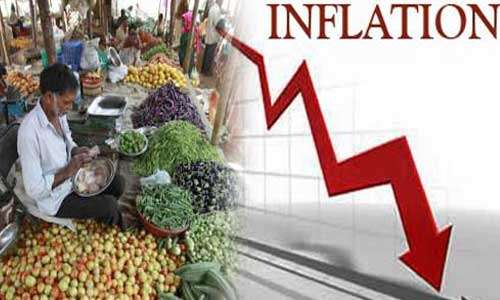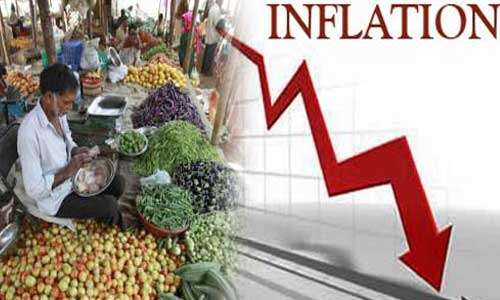Databank Research’s latest Quarterly Strategy Report projects inflation in Ghana to remain above 20 percent, exceeding earlier market projections.
This outlook contrasts sharply with the Bank of Ghana’s more optimistic January forecast, which anticipated inflation easing to 13 to 17 percent by the end of 2024.
Despite signs of economic recovery, Databank notes that inflation could reach as high as 23.5 percent, driven by fuel prices and a troubled cedi, with 19.5 percent being the most optimistic scenario.
Ghana’s inflation rate has been ticklish since the start of 2024, beginning the year at 23.2 percent and currently at 22.8 percent.
Economic watchers have attributed this trend to fuel price hikes and currency depreciation.
Databank believes inflation will likely increase in the August 2024 report.
The Bank of Ghana’s Monetary Policy Committee (MPC) acknowledged ongoing risks to the current inflation outlook during its 119th meeting.
Meanwhile, the Composite Index of Economic Activity grew by 2.7 percent in the first quarter, up from 2.2 percent a year earlier, and the Purchasing Managers’ Index indicates a gradual uptick in demand-driven activities. However, tight liquidity conditions persist, with broad money growth decelerating to 31 percent from 43.1 percent year-over-year.
The International Monetary Fund’s recent US$360 million disbursement under its Extended Credit Facility has enhanced sentiment regarding Ghana’s debt restructuring efforts. Nonetheless, the IMF stresses the need for continued fiscal discipline and enhanced exchange rate flexibility.
As the December 2024 general elections approach, concerns remain about potential spending-induced inflationary pressures.
Analysts note that the central bank faces a dicey balancing act, weighing the risks of stifling growth against the imperative of anchoring inflation expectations in a politically charged environment.


















